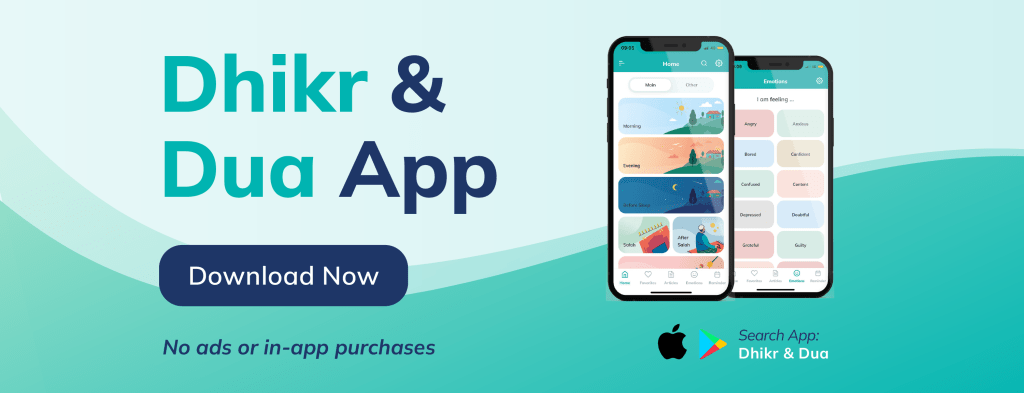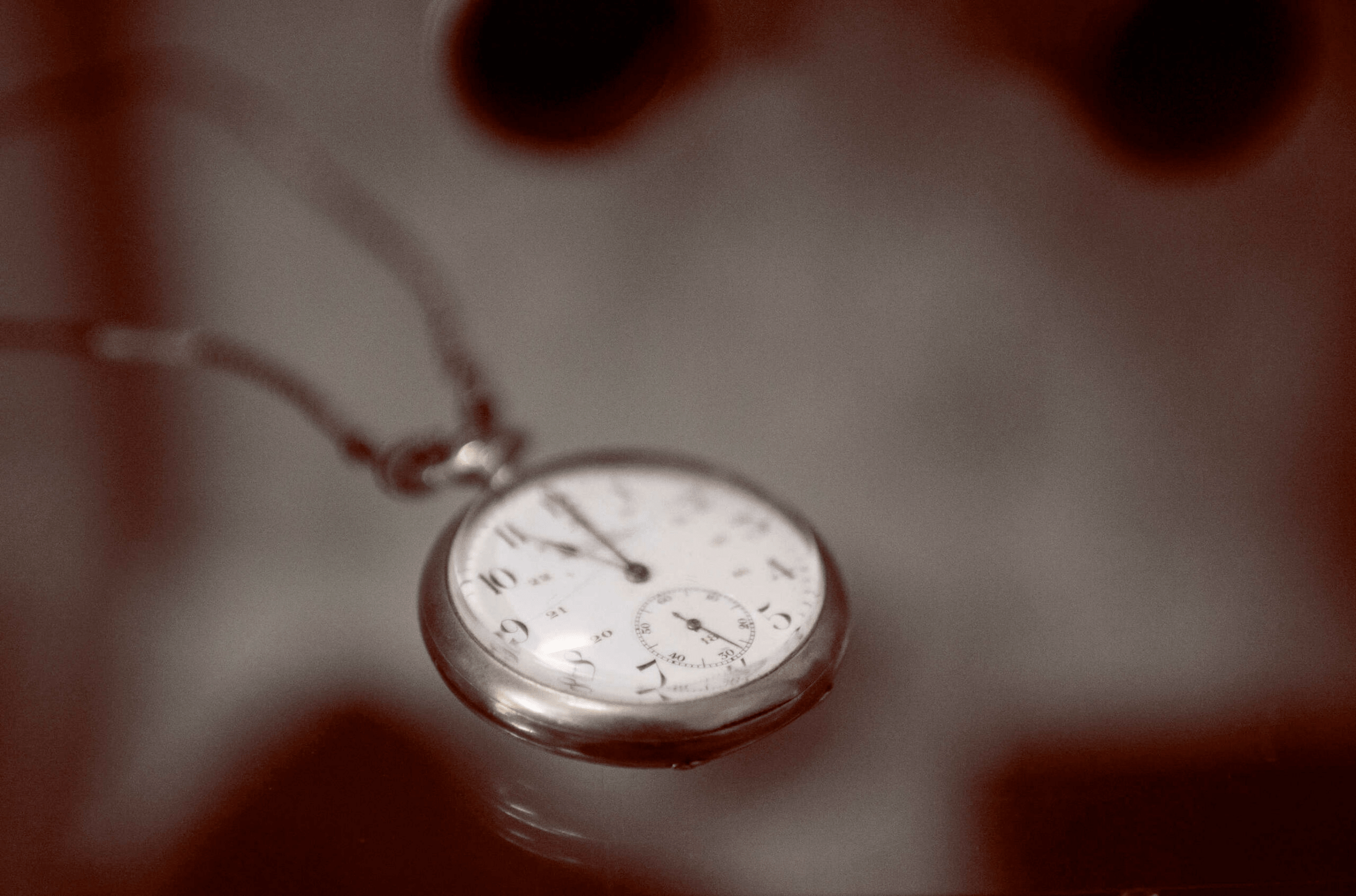اَللّٰهُمَّ إِنِّيْ أَصْبَحْتُ أُشْهِدُكَ ، وَأُشْهِدُ حَمَلَةَ عَرْشِكَ وَمَلَائِكَتَكَ وَجَمِيْعَ خَلْقِكَ ، أَنَّكَ أَنْتَ اللّٰهُ لَا إِلٰهَ إِلَّا أَنْتَ وَحْدَكَ لَا شَرِيْكَ لَكَ ، وَأَنَّ مُحَمَّدًا عَبْدُكَ وَرَسُوْلُكَ (4)
O Allah, I have entered the morning, and I call upon You, the bearers of Your Throne, Your angels and all creation, to bear witness that surely You are Allah. There is no god worthy of worship except You Alone. You have no partners, and that Muḥammad ﷺ is Your slave and Your Messenger.
Allāhumma innī aṣbaḥtu ush-hiduk, wa ush-hidu ḥamlata ʿarshik, wa malā’ikatika wa jamīʿa khalqik, an-naka Anta-llāhu lā ilāha illā Anta waḥdak, lā sharīka lak, wa anna Muḥammadan ʿabduka wa rasūluk.
Anas b. Mālik (raḍiy Allāhu ʿanhu) narrates that the Messenger of Allah ﷺ said: “Whosoever reads [the above] in the morning or evening once, Allah frees a quarter of him from the Hell-fire. If he reads it twice, Allah frees half of him from the Hell-fire. If he reads it thrice, Allah frees three-quarters of him from the Hell-fire. And if he reads it four times, Allah (completely) frees him from the Hell-fire.” (Abū Dāwūd 5069)
Anas b. Mālik (raḍiy Allāhu ʿanhu) narrates that the Messenger of Allah ﷺ said: “Whoever says the above in the morning, Allah will forgive the sins he commits in that day; and whoever says it in the evening, Allah will forgive the sins he commits in that night.” (Abū Dāwūd 5078)
Brief Commentary
• We testify before Allah, His Angels, and all of His creation that there is none worthy of worship but Him, with no partners, and that Muhammad ﷺ is His slave and Messenger.
• These angels and creation of Allah will testify on the Day of Judgement on your behalf in front of Allah, and testify that you affirmed His Oneness.
• All of the angels are special. There are some, however, who hold a higher status than others. These include the Bearers of Allah’s Throne. These are eight special angels, as mentioned by Allah in the Qur’ān (See 69:17).
• The bearers of the throne are a magnificent creation. The Prophet ﷺ said that the distance between the earlobe and the shoulder of one of these angels is like the distance of travelling for 700 years (Abū Dāwūd: 4727).
• We describe the Prophet ﷺ as a “servant” before “messenger”. This is because it is the most noble description and highest accolade one can attain: to be a true servant of Allah. Allah says, “Glory be to the One Who took His servant by night from the Sacred Mosque to the Farthest Mosque whose surroundings We have blessed…” (17:1); and “Yet when the servant of Allah stood up calling upon Him (alone), the pagans almost swarmed over him” (72:19).
Action Points
• In this duʿā’, we do not ask Allah for anything directly. Rather, we affirm the first pillar of Islam, which is the testimony of faith. This points to the importance of constantly repeating this testimony.
• The testimony of faith is no light utterance. لَا إِلٰهَ إِلَّا الله is the greatest statement ever uttered, the foundation of faith and the cornerstone of existence itself. For it, the heavens and the earth were created. For it, thousands of messengers were sent. For it, the final hour will occur, the creation will be gathered and questioned, and then driven either into Hell or Paradise.
• Furthermore, in this duʿā’, we are not just uttering this statement, but making Allah Himself, His angels and His creation witness to our testimony. Thus, we have to say it with certainty (yaqīn) and the presence of the heart, as this is no light matter.
• In the midst of all the trials and tribulations we face, alongside the confusion from all the differing opinions, let us remember the essence of our faith, which is found within this duʿā’.
• Do not be ashamed or shy of your religion. This duʿā’ teaches us that we should always profess our beliefs and make them manifest.







